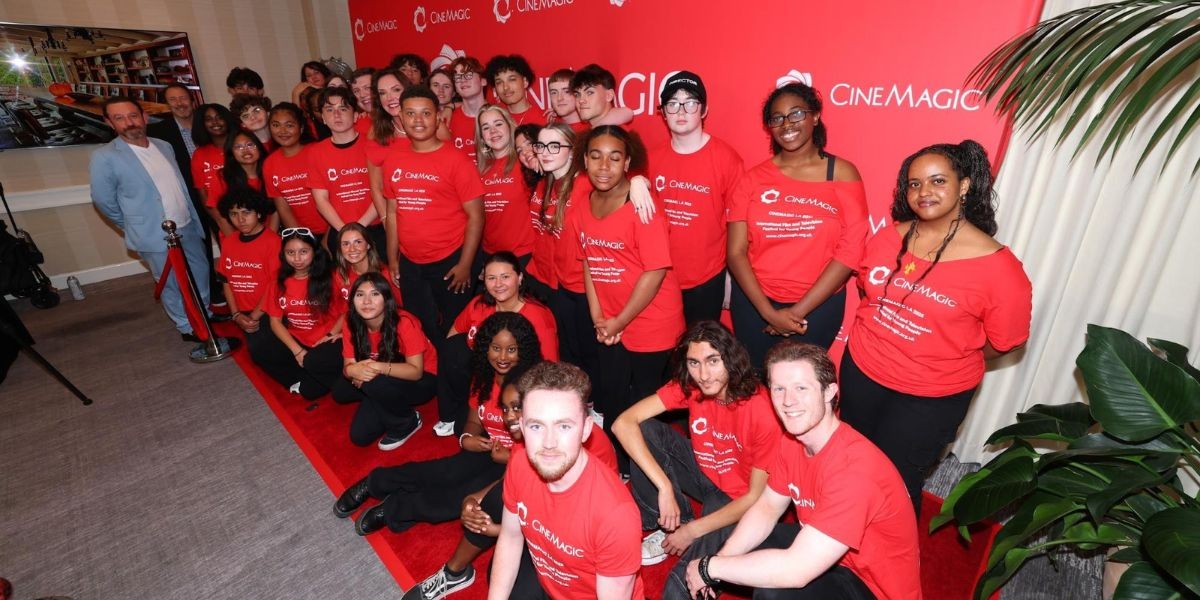Elon Musk’s SpaceX company has launched thousands of satellites into space.They’ve been sighted in the skies, according to many people. They’re a part of the Starlink project, which promises to deliver high-speed internet to rural areas of the Earth from orbit.
Through a vast network of satellites, Starlink offers internet services. It is intended for those without access to high-speed internet who reside in rural locations.
To ensure that connections between the satellites and the ground happen as quickly as possible, Starlink’s satellites have been placed in low-level orbits around the planet. But in order to cover the entire planet, a large number of low-level satellites are required.
Some 3,000 of these may have been sent into space by Starlink since 2018. Eventually, it might use 10,000 or 12,000, according to Chris Hall, editorial director of the tech website Pocket Lint.
He asserts that providing internet connections to isolated areas in mountains and deserts is made possible by the use of satellites. Reaching those places can be accomplished without having to construct a significant amount of infrastructure, such as cables and masts.
Starlink isn’t affordable in comparison to other internet service providers. Customers are charged $99 (or £89 in the UK) every month. $549 (or £529 in the UK) will get you the dish and router you need to connect to the satellites. Conversely, 90% of US and EU households, as well as 96% of UK households, already have high-speed internet access.
The company claims that it currently serves 36 countries and has 400,000 members, the majority of whom are located in North America, Europe, and Australia. Homeowners and companies jointly make up this group. The world’s most sparsely populated continents of Asia, Africa, and South America will all see an increase in Starlink’s coverage over the course of the upcoming year.
Although Starlink’s costs may be prohibitive for many African households, they could be crucial in connecting the continent’s isolated schools and hospitals.
How does Starlink support the Ukrainian people?
In order to block social media, Russian forces have tried to shut down Ukrainian internet services as they have advanced into Ukraine. Instantly following the start of the invasion, Elon Musk made Starlink accessible in Ukraine. Over 15,000 sets of dishes and routers have been delivered to the country by Starlink.
As Chris Hall correctly points out, Starlink has successfully continued operations during the war, including the government and public services. “The Russians have not succeeded in making it unusable.”
According to Dr. Marina Miron, a defence studies researcher at Kings College London, it has also been utilized on the battlefield by Ukrainian forces, particularly in the area of communication, such as between headquarters and troops in the field.
The kit can be set up in about 15 minutes, and unlike regular radio signals, its signals cannot be jammed.
Read Also: Elon Musk puts an end to remote work for Tesla employee
Is Starlink causing space debris?
Numerous competing satellite internet service providers, like OneWeb and Viasat, are launching thousands of satellites into low-Earth orbit in addition to Starlink. Sa’id Mosteshar believes that will cause issues.
He claims that it makes space collision-free as it gets smaller.
There have been several recent near encounters with Starlink satellites, including close misses with China’s space station. “Satellites could impact other vessels and create bits of wreckage, and these, in turn, could inflict a lot more harm while traveling at high speeds,” the expert said.
Astronomers are experiencing issues due to Starlink’s satellites. Since the sun glints off their wings at sunrise and dusk, they can be seen with the naked eye. Streaks may result from this, which will make stars and planets harder to see on telescope photos.





